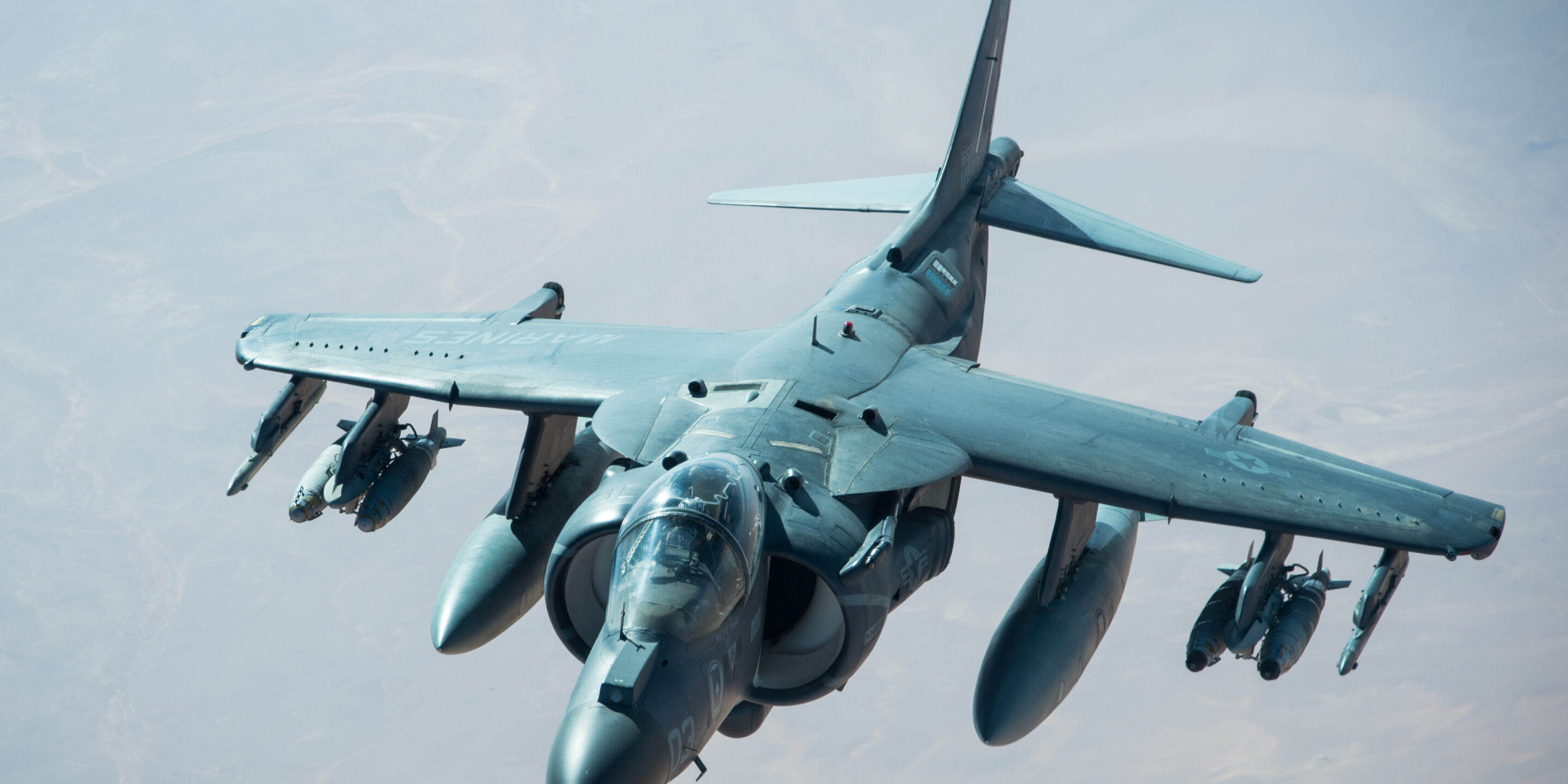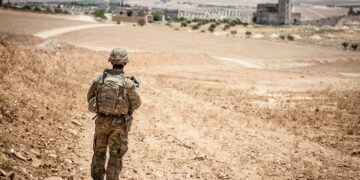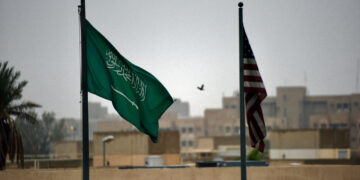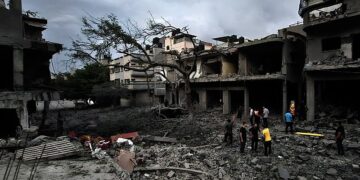October 1, 2024
Will Iran retaliate for the death of Hezbollah leader Hassan Nasrallah?

Hezbollah has long been regarded as the Middle East’s most formidable nonstate actor, one that took on legendary status after driving Israel from southern Lebanon in 2000 and fighting to a draw against the Israeli army in 2006.
But over a span of two weeks, its standing is now on shaky ground — if not entirely voided. Israel’s intense air campaign against Hezbollah’s military infrastructure throughout Lebanon and the strikes on significant Hezbollah figures in Beirut have brought the organization to its most precarious position yet. Hassan Nasrallah, who led Hezbollah since 1992, is now dead, taken out in a massive Israeli air strike on the group’s headquarters. So many Hezbollah commanders have shared a similar fate that the group is reeling from shock over the damage to its leadership structure. More shock is likely in store; on Tuesday, Israeli Defense Minister Yoav Gallant hinted that an Israeli ground incursion into Lebanon was a high possibility, if not a certainty.
The view from Tehran is gloomy. For decades, Iran’s strategy in the Middle East was based on what can be referred to as a forward-defense strategy — building up and supporting nonstate militias around the region to keep Israel in check and deter a possible Israeli military operation against Iran’s nuclear program. The strategy was simple enough: If Israel was reckless enough to strike Iran militarily, then the constellation of militias constituting the so-called “axis of resistance” could be called upon to make Israel’s life a living hell. This was a reasonable strategy for the Iranians to pursue because their conventional military power was no match for Israel’s, and the last thing Supreme Leader Ayatollah Ali Khamenei wanted — his anti-Israel invective notwithstanding — was to enter into a direct war with a superior adversary.
Hezbollah’s knee-capping over the last two weeks, however, severely undercuts Iran’s regional strategy. The weaker Hezbollah becomes, the less leverage Iran has over Israel, its historical adversary. And the less leverage Iran has, the more aggressive Israel could be against Iranian interests. Indeed, Israel’s threshold for military action is already quite low. In April, Israel bombed a building that was part of Iran’s embassy complex in Damascus, Syria, killing a high-ranking Iranian general. Another Iranian general, Abbas Nilforoushan, was killed in the same operation that killed Nasrallah.
Read article in The Chicago Tribune
Author

Daniel
DePetris
Fellow






